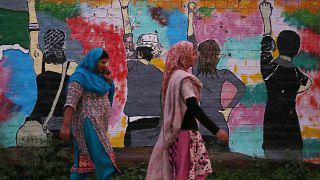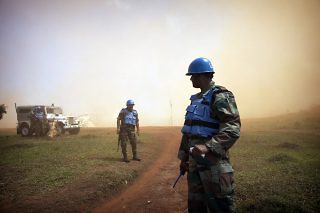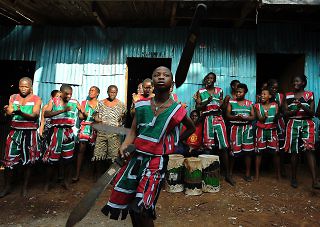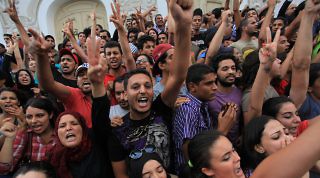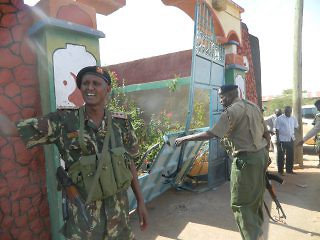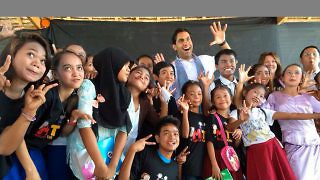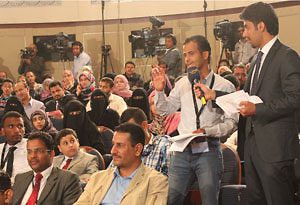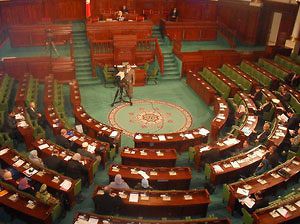According to Saba Ismail, co-founder and Executive Director of Aware Girls—a youth-led organization working for women’s empowerment and gender equality in Pakistan—young women are in turn the group most excluded from peacebuilding.
Author: Margaret Williams
-
-
Columbia University’s Séverine Autesserre discusses ways of better integrating international peacebuilders and the communities in which they serve.
-
The UN’s new resolution on youth, peace, and security is not without its flaws in terms of guiding future policy. A potential major issue is that it sets the age range of youth as 18-24 years of age.
-
Civil society advocate Ikram Ben Said discusses the importance of fostering political inclusiveness among Tunisians to ensure peace.
-
Moses Onyango, Fellow of the African Leadership Centre, Kings College London, discusses the challenges of countering violent extremism in Kenya.
-
UN Youth Envoy Ahmad Alhendawi discusses ways to increase youth involvement in sustaining peace and security, and achieving other goals of the international community.
-
A mixture of shared energy and security interests may lead Israel and Turkey to re-establish normal bilateral ties, though some challenges still remain.
-
As Yemen marches toward political and social reform, the country’s leaders will need to ensure the inclusion of civil society.
-
The Syrian Accountability Project documents war crimes so that perpetrators may be brought to justice when the conflict ends.
-
What are the merits and shortcomings of the newly adopted Tunisian constitution?
